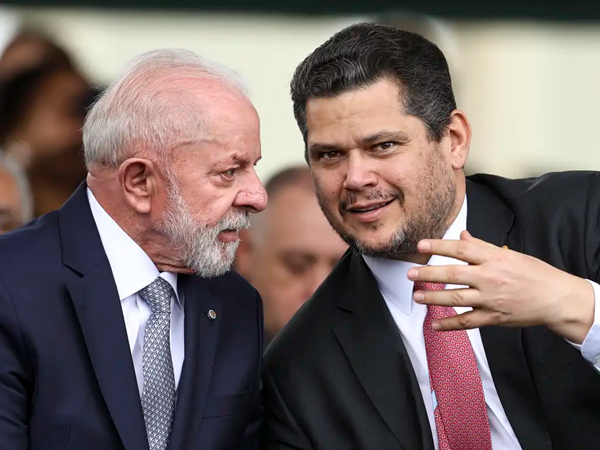Twelve days after being announced as the new minister of the Lula (PT) government, federal deputy Pedro Lucas Fernandes (União Brasil-MA) confirmed on Tuesday (22) his refusal to take on the Ministry of Communications. The decision caused public embarrassment to the government, which threatens to review the spaces of União Brasil in the Esplanada dos Ministérios, and exposes weaknesses in the Workers’ Party (PT) support base. Initially promised for after last year’s municipal elections, the ministerial reform planned by President Lula (PT) has dragged on for six months and has become an additional sign of the government’s political fragility in this second half of the PT member’s term. Despite this loss amid the Ministerial Reform, the Government managed to obtain a victory, after the Federal Chamber President rejected the urgency to debate the 08/01 Amnesty project.
This Content Is Only For Subscribers
To unlock this content, subscribe to INTERLIRA Reports.
Getting Closer to Alcolumbre and Avoiding Clonflicts
The refusal of federal deputy Pedro Lucas Fernandes (União Brasil-MA) to take over the Ministry of Communications strengthened David Alcolumbre’s relationship with the government. The fact destabilized the weak contact between the central government and the president of União Brasil, Antônio Rueda, but at the same time, it brought the government closer to Alcolumbre, who defended the appointment of another politician to the position in the ministry. Lula’s allies argue that the Planalto will prioritize relations with the president of the Senate and that the government has a ‘shaky’ relationship with the party.
Amnesty Project
The Speaker of the Chamber of Deputies, Hugo Motta (Republicans-PB), decided in a meeting held this Thursday (24) not to yet schedule the request for urgency of the bill that grants amnesty to those involved in the coup attacks of January 8, 2023 and that could benefit Jair Bolsonaro (PL). This was seen as a political victory for the Government. After negotiations, most parties spoke out against speeding up the process, with the exception of PL and Novo.
Analysis:
The refusal is attributed to internal struggles in União Brasil, a party formed by the fusion of DEM and PSL in 2022, a right-wing party and a far-right party populated by many Bolsonaro supporters. At the same time, bad popularity reports and economic numbers affected the image of the government, making relations with some parties more fragile. Some began movements to move away from the central power to become part of the opposition at the next elections.
Despite the obstacles, an eventual improvement in the economy and in Lula’s approval ratings could mean that his allies would remain in the base, in control of ministries, and could even support his reelection in 2026.In any case, the government, however, will likely seek to avoid clashes with União Brasil, since it has a large number of representatives in Congress. It has the third largest group in the Federal Chamber, with 59 deputies, and seven senators.




